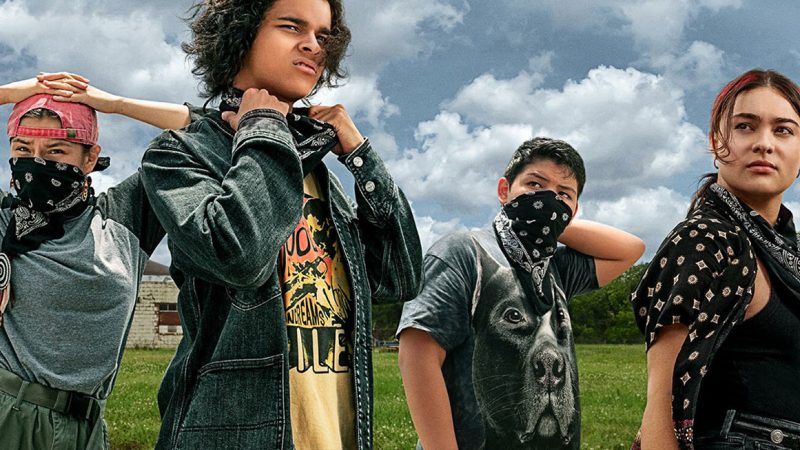Review: A Teen Dramedy on a Native American Reservation
The government abuse that precipitated Native American social woes is not directly discussed in Reservation Dogs.

The stories told in the three seasons of the series Reservation Dogs are embedded in centuries of the government's crimes against Native Americans. Those historical abuses have produced a reservation system that makes employment, poverty, family formation, and health all more serious problems for surviving Native Americans than for the population at large.
But while one might expect a series about the travails of two generations of Oklahoma reservation dwellers in the 2020s to be more explicitly political, it contains almost zero direct discussion of that history—a decision by the creators that gives the FX on Hulu show more emotional breadth and impact.
Instead, we see teens struggle with the need to escape to a wider world of opportunity (symbolized by California)—and with guilt over the suicide of one of their gang—while still exhibiting a youthful brio that makes their story, however harrowing, delightful to witness. We also survey the community's adults (whose own teen years are seen via flashback), doing their awkward best to help the youngsters around them, as they unite and separate over sex, drugs, and the competing urges to escape or stay rooted.


Show Comments (14)